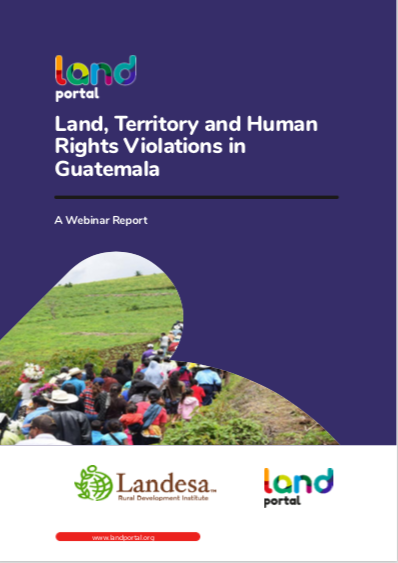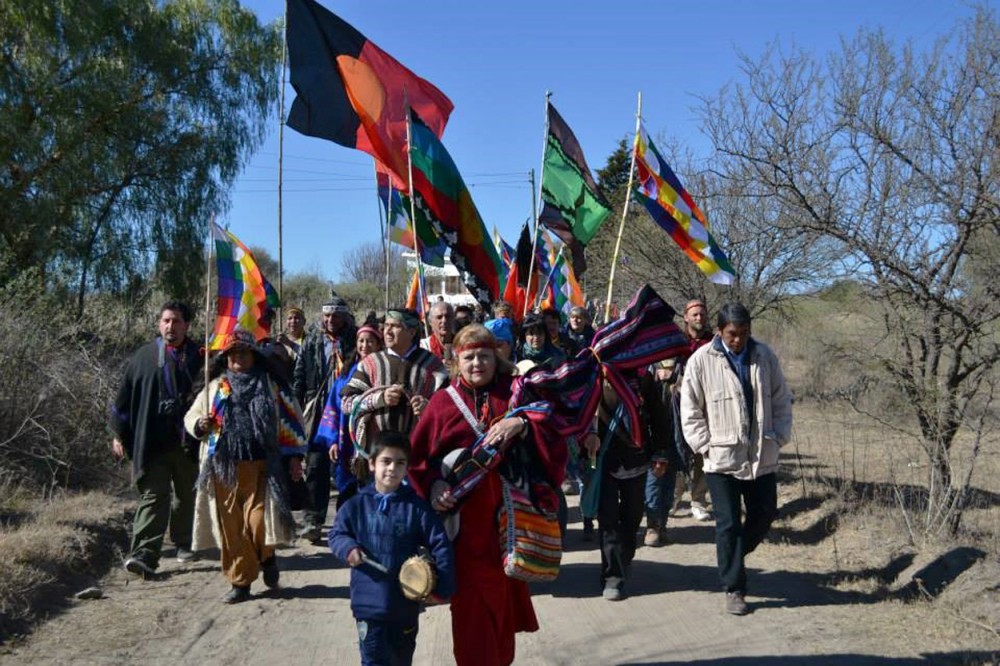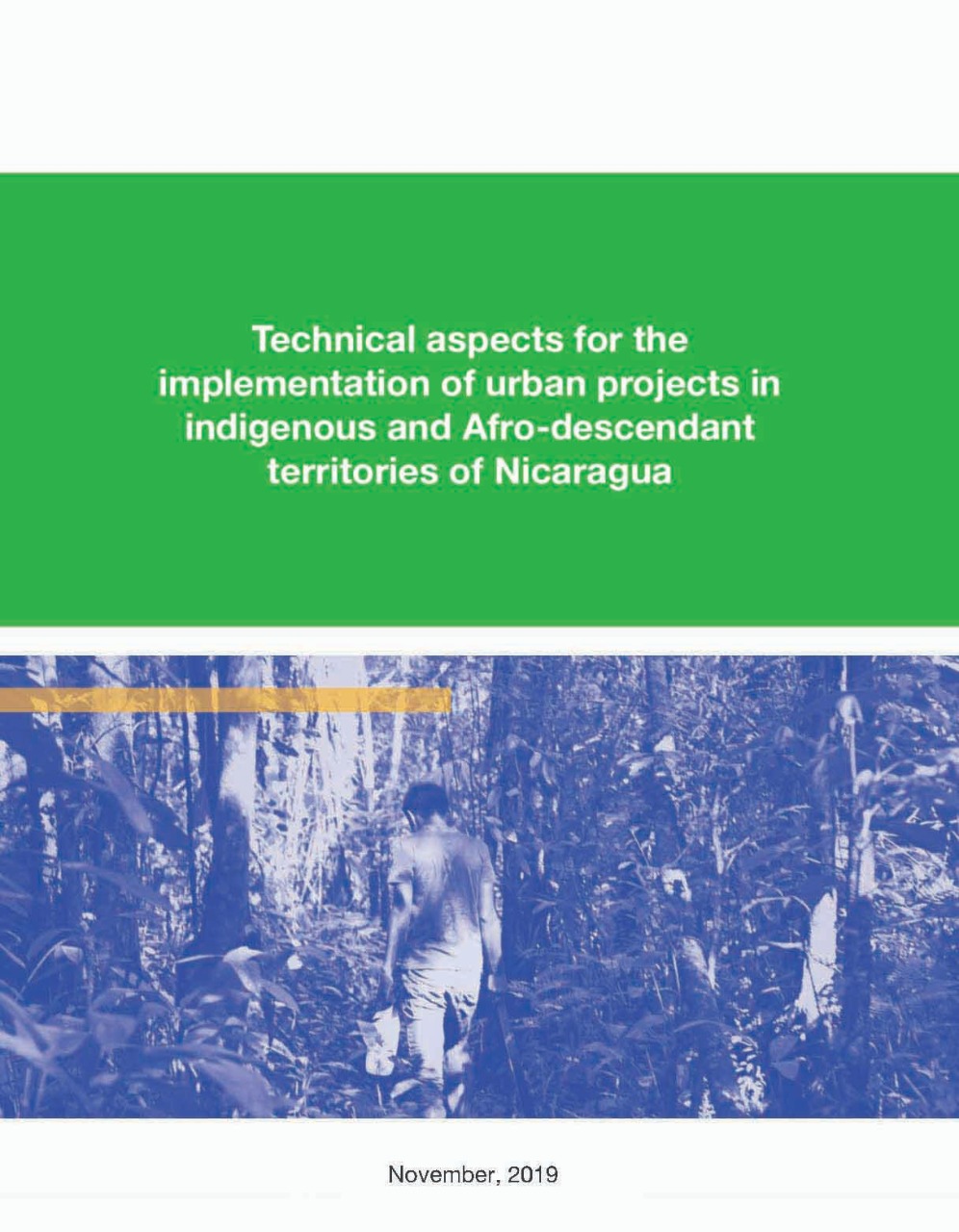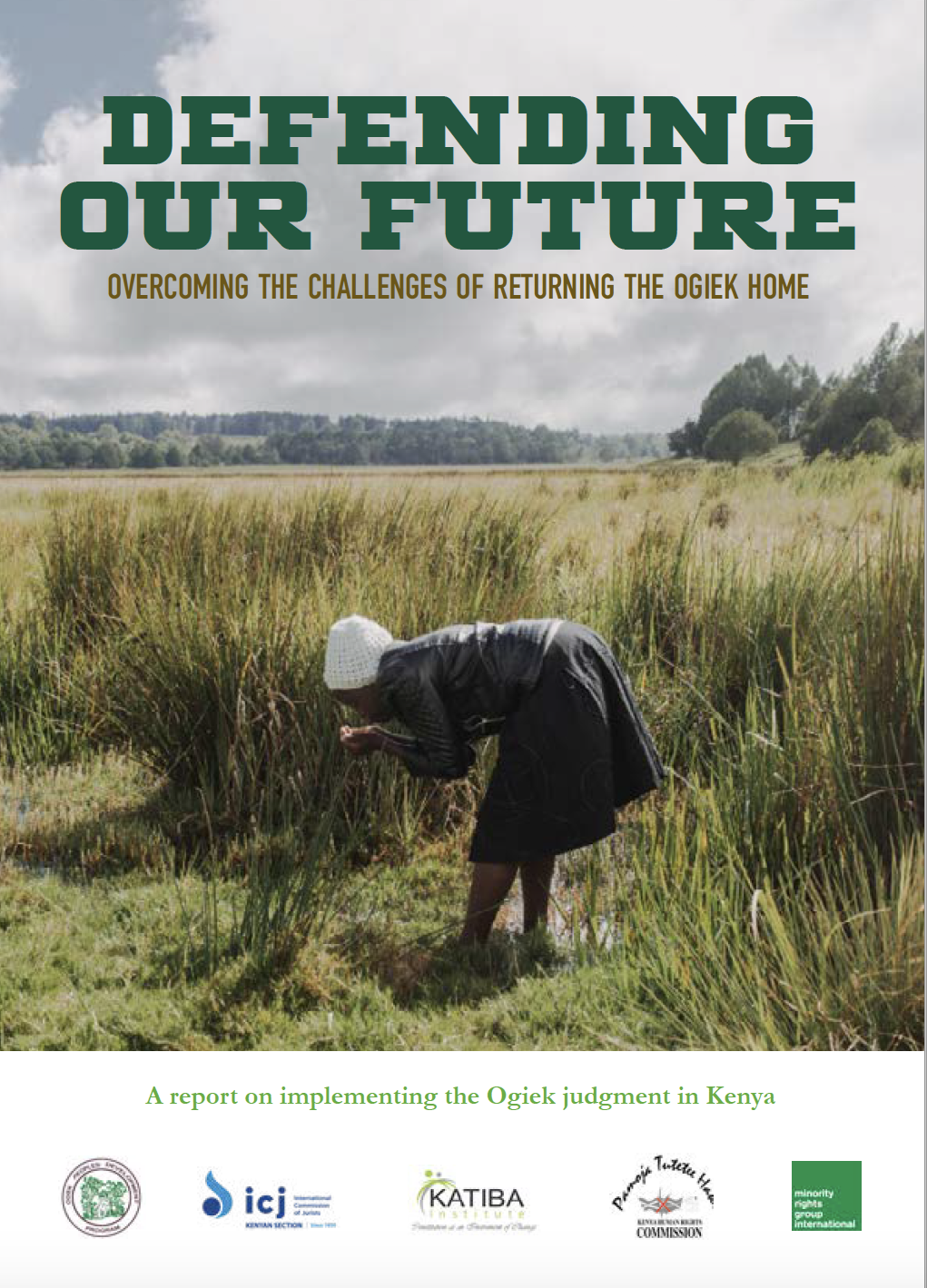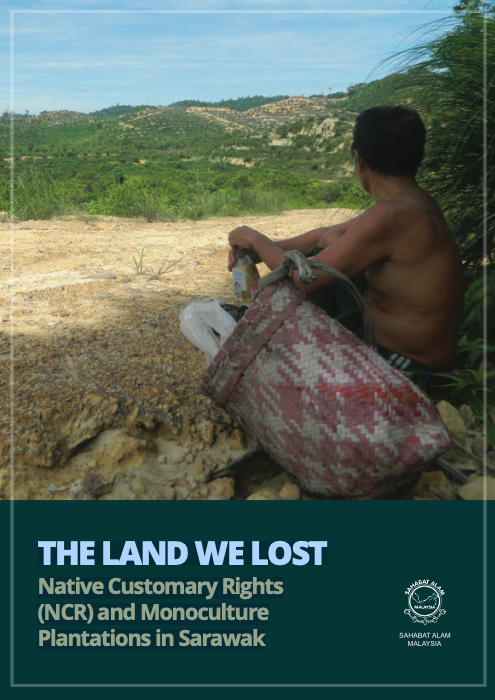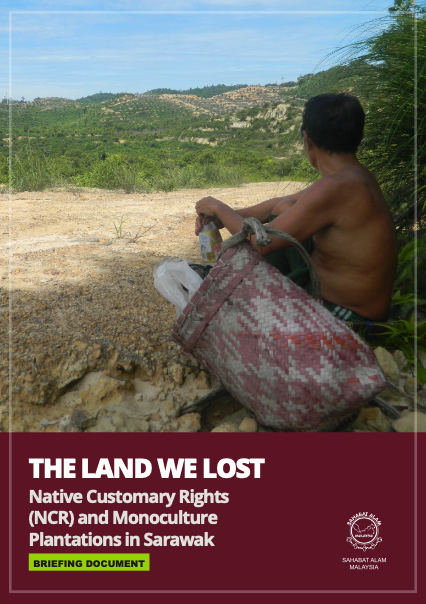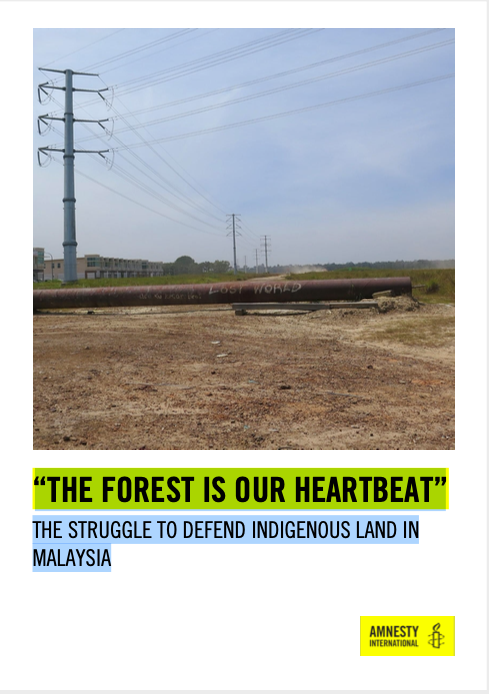Grassroots Innovation Using Drones for Indigenous Mapping and Monitoring
Indigenous territories are facing increasing pressures from numerous legal and illegal activities that are pushing commodity frontiers within their limits, frequently causing severe environmental degradation and threatening indigenous territorial rights and livelihoods. In Central and South America, after nearly three decades of participatory mapping projects, interest is mounting among indigenous peoples in the use of new technologies for community mapping and monitoring as a means of defense against such threats.



